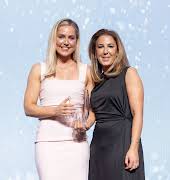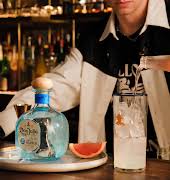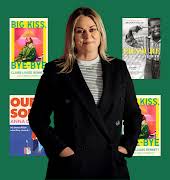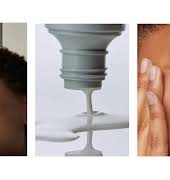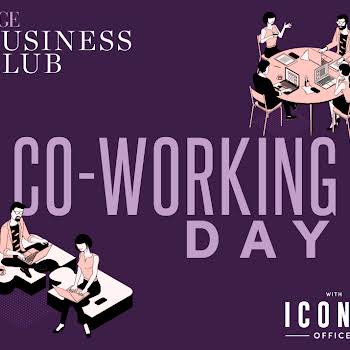By Sinead Brady
07th Jun 2018
07th Jun 2018
The world’s population is pretty evenly split with men accounting for 50.4% and women making up 49.6%. Yet women in the workplace are underrepresented in decision making positions across all industries, in all sectors and in all businesses. Globally women earn 16% less than their male counterparts. Known as the gender pay gap this inequity cannot be attributed to age, experience, education, industry, tenure, or other similar excuses. No sugar coating it, because you are a woman you get paid less for doing exactly the same job as the man sitting next to you. The World Economic Forum predicts it will take 217 years to close this gap.
These depressing facts bear true in Ireland. Irish girls outperform Irish boys in the Leaving Certificate and in initial professional qualifications. 55.1% of Irish women aged 25-34 have a third level qualification compared with 42.9% of men. Yet only 77.8% of women in this age group are employed while 87.5% of men are. Of the 77.8% of women working, 9% earn minimum wage while only 3% of the 87.5% men do. This means that labour force participation for men is 14 percentage points higher than for women with men earning more than women despite being academically less qualified.
Research carried out by DCU and the 30% Club found that women occupy a disproportionally low number of managerial roles at senior level when compared to our international counterparts. In Ireland as women progress in their career they get less challenging positions, receive fewer opportunities at senior management level and tend not to progress to positions of leadership. Irish women hold 46% of entry level management roles however this figure drops to 19% of women in C-Suite role. We rank 49th in the world for economic participation and opportunity with lower female participation in the workplace and lower average earnings for women than our global counterparts. This is very telling considering we have fully closed the educational attainment gender gap ranking 8th in the world. The World Economic Forum remarks on this saying, ‘Ireland has failed to reap the returns on a pool of highly educated and skilled women.’
It appears that the ‘you can have it all’ message is delivered with sincerity to our school going children. But what we have not prepared our girls for is the subtext that accompanies this message.
‘You can have it all until you are about 30. At that stage the rules change. When you get to 30 or so you will get paid less for doing the same work as you male peers, become less likely to progress in your career, become more likely to work part-time work and as you get older there is an increased chance that you will leave the workforce. You are twice as likely to experience discrimination and the chances of this changing within the next 217 years is bleak.’
As a mother of two girls, as a daughter, sister, wife, friend and at the most basic level as a human being, this is not alone unacceptable it is another stark blemish on our society. There is no longer a single glass ceiling, rather there is a myriad of glass barriers that affect women’s career progression across the course of their professional lives. Motherhood, lack of affordable childcare, a higher caring burden, inflexible work arrangements, lower pay for the same work, age-based discrimination, conscious and unconscious bias are some such examples. It is true that there is no quick fix or a single solution. The answer to the mindset shift that is required is complex, layered and multifaceted and requires combined effort from business, industry and government.
Outside of these institutions, there are proactive steps that WE can take to effectively break through the glass barricades that block the path to success for women. One such solution is to shine a light on female role models who have gone before, who have managed the setbacks and who are willing to share how they overcame those barriers. Our Business Women of the Year Awards and regular Networking Breakfasts and Mentoring Workshops help do this. These role models can transform our thinking and through their wisdom demonstrate how to march through these barriers.
History tells us Irish people, and in particular Irish women, when determined to bring change rise to any challenge. Here at IMAGE HQ and A Career to Love HQ we are know that a rising tide lifts all boats. With this in mind over the coming weeks we will speak to outstanding Irish female role models to find out they how they have designed their own version of success and smashed the barriers to professional progression. Stay tuned.



